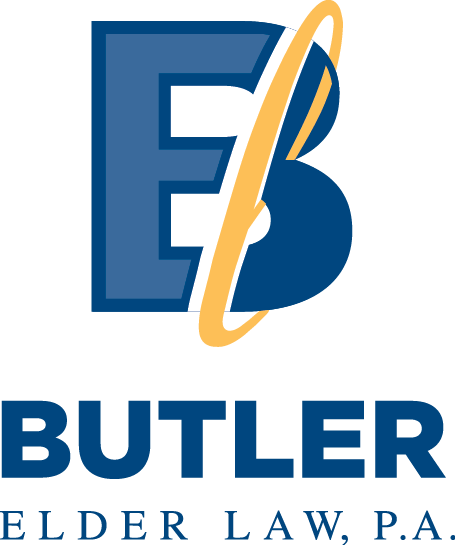Why Guardian Advocacy?
Did you know that when a child turns 18, parents no longer have the authority to make financial and health care decisions for them? This can be especially difficult if your child is disabled. In Florida, a parent or other caregiver can be appointed as a Guardian Advocate to help a person with a developmental disability who lacks the decision-making ability to manage their finances and personal care.
Types of Guardian Advocacy:
A Guardian Advocate may be appointed a Guardian Advocate of the Person, of the Property, or both. A Guardian Advocate of the Person can make personal decisions for the developmentally disabled individual, such as residency determinations, consent to medical or mental health treatment, and social, employment and travel decisions. A Guardian Advocate of the Property is authorized to deal with aspects the individual’s property, such as contracting, suing and defending lawsuits, managing their property, and making gifts. Both types of Guardian Advocates can seek government benefits for the developmentally disabled individual.
Basic Requirements:
In order to file for a Guardian Advocacy, certain requirements must be met:
· The developmental disability must have started before the age of 18
· The developmental disability must be attributable to intellectual disability, cerebral palsy, autism, spina bifida, Down syndrome, Phelan-McDermid syndrome, or Prader-Willi syndrome
· The developmental disability must be expected to continue indefinitely
When to File for Guardian Advocacy:
A guardian advocacy may be sought (i.e., meaning the paperwork asking for the guardian advocacy can be filed with the court) beginning at the age of 17 years and 6 months. However, a court will not issue the Orders and Letters formally appointing the guardian advocate until after the person’s 18th birthday. Practice Tip: One way to save on time and costs is to initially file within 40-50 days before the 18th birthday and have the hearing on or immediately after the birthday.
Do you need an attorney?
An attorney is NOT required to represent the Guardian Advocate if the person’s only property is SSI or SSDI benefits, or if the Guardian Advocate is only over the person. Many parents find the process goes much more smoothly with an experienced attorney representing them. The developmentally disabled person will be assigned an attorney to represent him/her in the proceedings as well.
What happens after a Guardian Advocate is appointed?
Once appointed, a Guardian Advocate is subject to court oversight. The Orders and Letters signed by the Judge govern a Guardian Advocate’s authority and responsibilities. In most cases, an initial report is due within 60 days of appointment and then each year thereafter. Some decisions can be made by a Guardian Advocate without court approval, while other decisions require permission from the court in advance.
Is a Guardian Advocacy Avoidable?
If the individual with developmental disabilities has the capacity to execute an advance directive such as a durable power of attorney and/or a health care surrogate designation, a properly drafted and executed advance directive may be an alternative to guardian advocacy.
How we can help.
Attorneys Sierra Butler and Melissa Casanueva handle all aspects of Guardian Advocate proceedings. If you would like more information regarding how Butler Elder Law can help you, please contact us at (941) 254-6611. If we are not able to assist you, we will refer you to another lawyer or legal service who may be able to assist you.
This information sheet has been designed by Butler Elder Law, P.A. for general information only and is not, nor is it intended to be, legal advice. The hiring of a lawyer is an important decision that should not be based solely upon advertisements.
